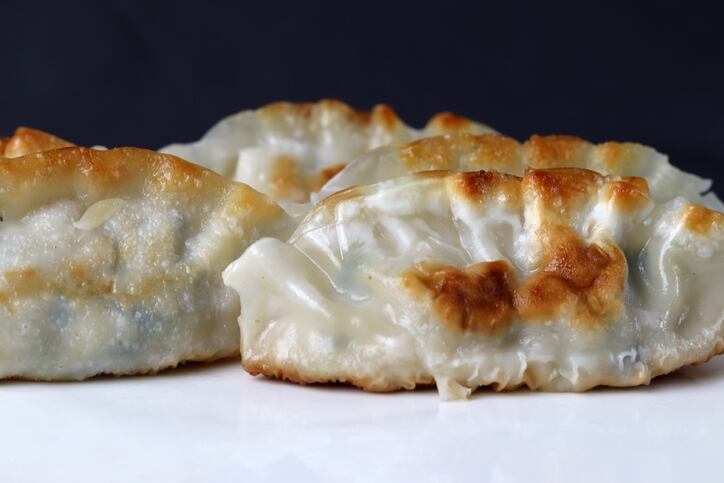NAFLD affects approximately 30% of the global population. Despite its widespread prevalence, treatment advances remain limited. In recent years, the risk of this disease has been rising among Asian countries – comparable to the rates of its Western counterparts. In Korea, the prevalence rate of NAFLD is 31.46%.
Previous research revealed that NAFLD is caused by over-nutrition and a lack of physical activity. However, researchers have found that dietary modification plays a significant role in inhibiting NAFLD.
Hence, the latest study investigated dietary patterns for food groups and nutrients associated with NAFLD. Four dietary patterns were identified across the Korean population for greater interpretability, namely (1) Prudent; (2) Flour-based food; (3) Meat; and (4) White rice.
“The prudent pattern was characterised by high consumption of potatoes, soybean pastes, beans, tofu, soymilk, green and yellow vegetables, light-coloured vegetables, kimchi, mushrooms, fruits, fish, shellfish and seaweed. The flour-based food and meat pattern was characterised by high intake of noodles and dumplings, wheat flour and bread, red meat and its products, white meat and its products, eggs, dairy products and beverages. The white rice pattern was characterised by high absolute factor loadings for rice and other grains,” states the research.
Findings
The authors found that a flour-based food and meat pattern increased the risk for NAFLD, while a prudent pattern did the opposite. There was no significant difference found between the white rice pattern and NAFLD risk.
“Men and women following a prudent pattern showed a 22% and 36% lower NAFLD risk, respectively (men: HR=0.78; women: HR=0.64). Men and women who highly adhered to the flour-based food and meat pattern had a 29% and 55% higher NAFLD risk, respectively (men: HR=1.29; women: HR=1.55),” the paper reports.
The findings were consistent with previous studies, which elicited that the former dietary patterns tend to contain saturated fatty acids tend and fructose, which damage the liver through fat accumulation. Similar with the prudent pattern, it is characterised by the intake of fruits and vegetables, which help to promote intestinal health and lower the total energy intake to prevent NAFLD.
Interestingly, the study also discovered that the effect of dietary patterns on NAFLD risk was more sensitive in women than men. Whether it was the prudent pattern or the flour-based and meat patterns, women had bigger factor loadings than men, which made women more susceptible to NAFLD risk.
It should be mentioned that the study had several limitations, including the subjective interpretation of the factors, short follow-up duration, and the evolving baseline data of the dietary patterns with time.
“Our findings indicate that a greater adherence to a prudent pattern decreases NAFLD risk, whereas a greater adherence to a flour-based food and meat pattern increases NAFLD risk. Our findings will serve as a guide for the prevention or delay of NAFLD in Korean adults. Nevertheless, further randomised controlled trials are required to confirm these findings,” the authors concluded.
Source: BMJ Open
DOI: 10.1136/bmjopen-2022-065198
“Dietary patterns and risk of nonalcoholic fatty liver disease in Korean adults: a prospective cohort study”
Authors: Fu J, Shin S.

